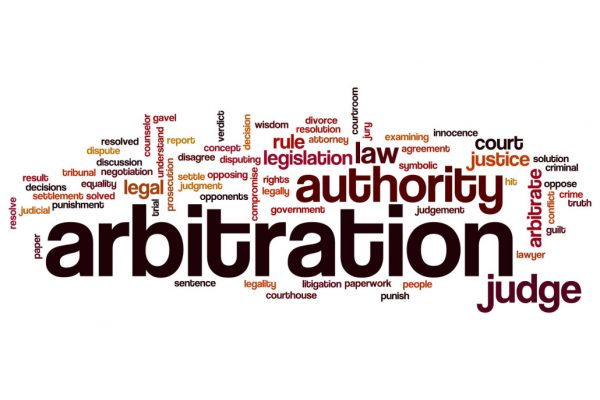Dispute Resolution: How to Agree to Disagree…and Then Agree!
The Value of Alternative Dispute Resolution
by Leon J. Owens
After several decades as a real estate developer and business consultant, I’ve learned a fundamental truth: even the most carefully structured and professionally managed business can run into problems.

Whether it’s the effects of evolving consumer demand, interest rates, gas prices, or a change of company objectives, business owners are constantly in a dynamic environment and dealing with people who have interests opposing their own. This is the reality that leads to disagreements and to disputes that can destroy personal relationships as well as entire businesses.
While these conflicts commonly arise between consumers and their vendors or service providers, they also surface between employers and employees, between borrowers and lenders, and between investors and entrepreneurs. Conflicts are so commonplace that our court system is jammed with lawsuits that produce disappointed winners, resentful losers, and happy lawyers.
Thankfully, there are other ways to resolve our problems and to avoid finding our names on court dockets: negotiation, arbitration, and mediation.
Negotiation is what we (should) do every day. We talk things over. We state our position or name our price. The other side states its position, names its price. Both parties understand that the position and price acceptable to everyone is going to be somewhere close to the middle. That’s a win-win deal, an agreement to abide by terms acceptable to everyone involved. The prevailing principle here is that unfair negotiations—where one party wields unbalanced power over the other—will always result in a bad deal that ultimately breaks down with performance problems.
 Mediation is simply the process of bringing disputing parties together to reconcile their differences in the presence of a neutral third party. Mediators act as a “referee” who controls a meaningful discussion in which points of contention are negotiated openly between the parties. The objective of the mediation is to reach an understanding of what a “reasonable” settlement is. There are those times, however, when one or both parties continue to disagree as to what is “reasonable” or acceptable to their position. When that happens, the parties are wise to consider the next step of dispute resolution: arbitration.
Mediation is simply the process of bringing disputing parties together to reconcile their differences in the presence of a neutral third party. Mediators act as a “referee” who controls a meaningful discussion in which points of contention are negotiated openly between the parties. The objective of the mediation is to reach an understanding of what a “reasonable” settlement is. There are those times, however, when one or both parties continue to disagree as to what is “reasonable” or acceptable to their position. When that happens, the parties are wise to consider the next step of dispute resolution: arbitration.

Arbitration resolves issues between parties of approximately equal bargaining power who simply can’t agree. In this case, everyone takes a step back and lets a qualified neutral third party make a final decision according to procedures and rules acceptable to all. When an arbitrator decides matters, with neither party controlling the selection of the arbitrator, they also agree to trust his/her expertise, judgment, and impartiality. Each party surrenders control of the process and formally agrees to be bound by any ruling. An arbitration decision is regarded as final when—as is the usual case upon an examination of balance and fairness issues—it is granted court approval. The dispute is closed and everyone is bound by the decision of the arbitrator.
In business, we’re always going to have periods of disagreement. How we handle those disagreements can greatly affect our chances of achieving the success we all strive for.
I’ve been handling major business issues for many years, so trust me on this: If you find yourself heading toward problems, you’ll be much closer to resolving them profitably by avoiding courtrooms and embracing the mechanisms of alternative dispute resolution: negotiation, mediation, and arbitration.